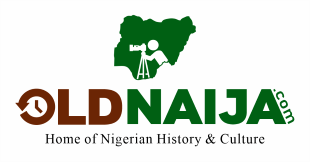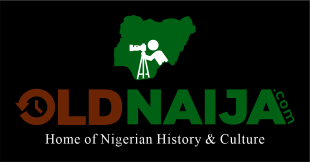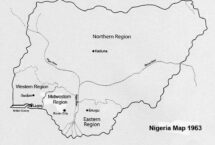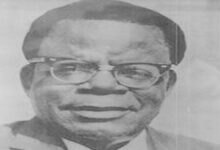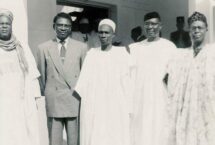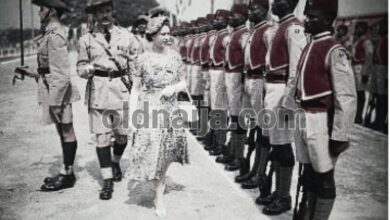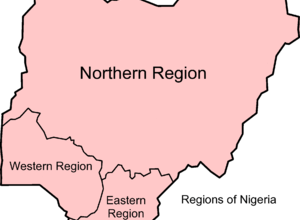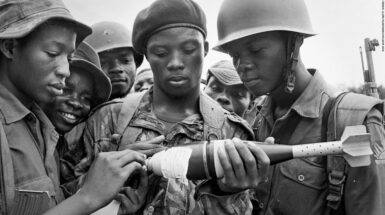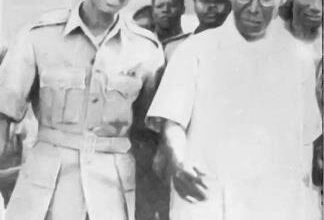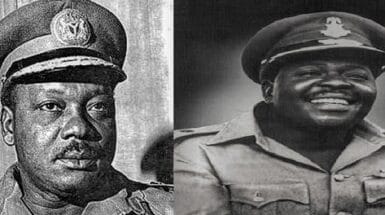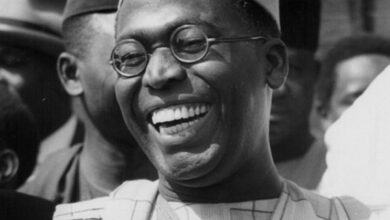Northern People’s Congress (NPC)
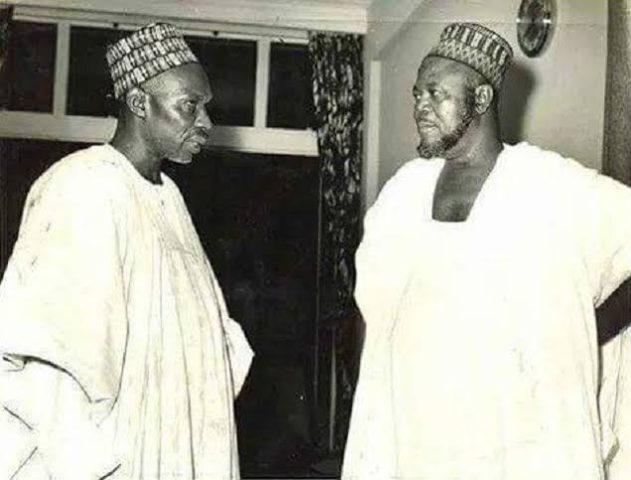
Northern people’s Congress (NPC) was a political party dominant in the Northern Region of Nigeria during the independence era.
History of Northern People’s Congress (NPC)
The Northern People’s Congress started out as a cultural organisation named Jamiyyar Mutanen Arewa in June 1949 with the purpose of enlightening the people of Northern Nigeria.
When the founders saw the need to make the organization a political party, its name was changed to Northern People’s Congress and it became a political party in 1951.
As expected, NPC was dominated by the Hausa-Fulani and Islam was the main focus. The party ruled Northern Nigeria between 1951 and 1966 when Nigeria had her first share of military coup.
The leader of the Northern People’s Congress (NPC) was the late Sir Ahmadu Bello with Sir Abubakar Tafawa Balewa as deputy. The party is known for producing the first prime minister of Nigeria.
Membership of NPC
The membership of NPC was only open to natives of the Northern region. It did not seek support from any other part of Nigeria. A notable rival party was the Action Group (AG) in the Western Region. NPC subsequently became a minor party after the Nigerian Civil War.
Aims and Objectives of Northern People’s Congress (NPC)
- Development of the North: The party worked towards the development of the North both politically and economically.
- Autonomy: The party worked towards making the North autonomous.
- Common understanding: The party created an atmosphere for common understanding among the people of the North.
- Political education: The NPC helped in educating northerners on their political rights.
Contributions of NPC
- Governance: It controlled northern Nigeria for a number of years.
- Prime Minister: NPC as a party produced the first prime minister of Nigeria and ruled throughout the first republic.
- Constitutional conferences: It was involved in most of the constitutional conferences both within and outside Nigeria e.g. the 1953 London constitutional conference.
- Political education: It helped in educating the people on their political rights. It also increased the political awareness of the people of the North.
- Common understanding: The party created an atmosphere for common understanding among the people of the North.
Thanks for reading, OldNaija.
If you find this useful, kindly share on social media and drop a comment below. Use the comment section for questions.
References:
- Omipidan, T. O. (2019, May 5). The First Republic In Nigeria And Its Collapse (1960-1966). OldNaija. https://oldnaija.com/2019/09/15/the-first-republic-in-nigeria-and-its-collapse-1960-1966/
Questions? Advert? Click here to email us.
